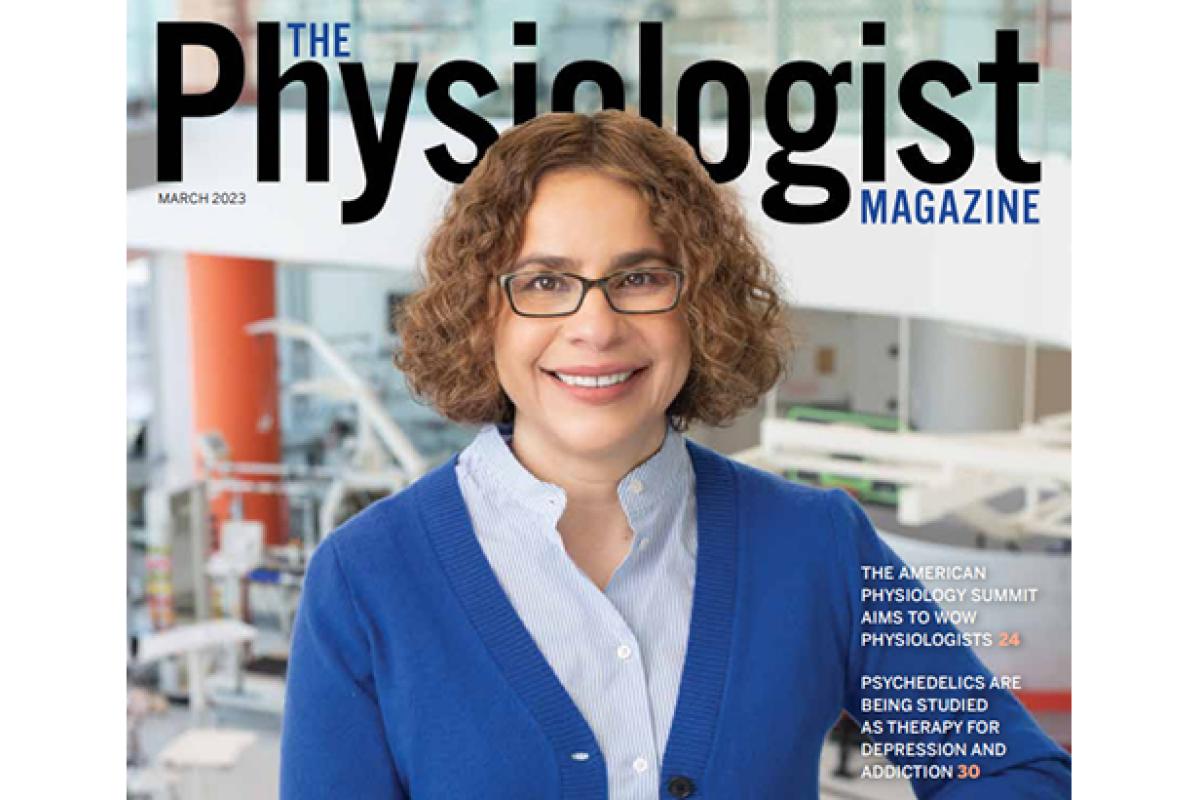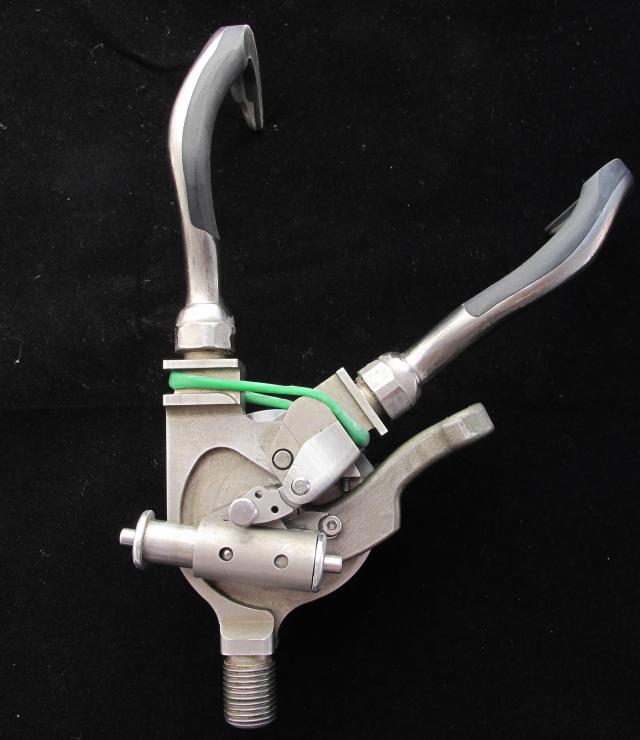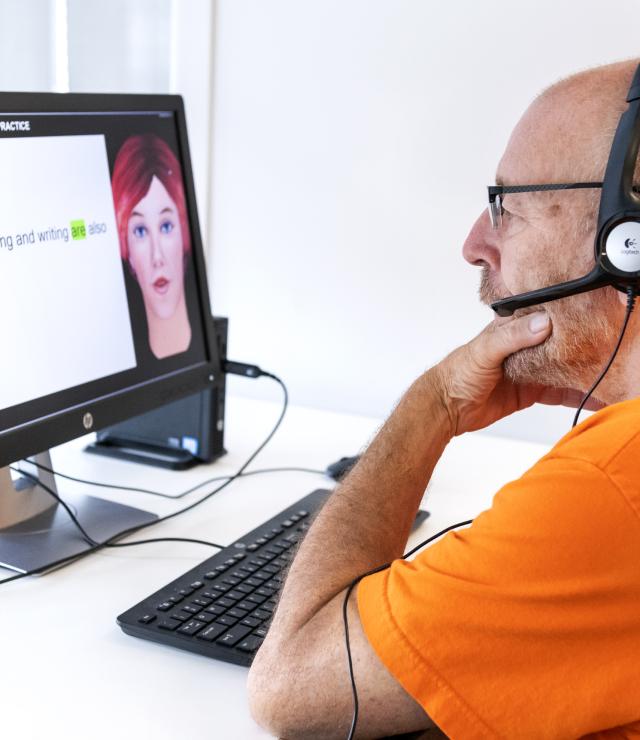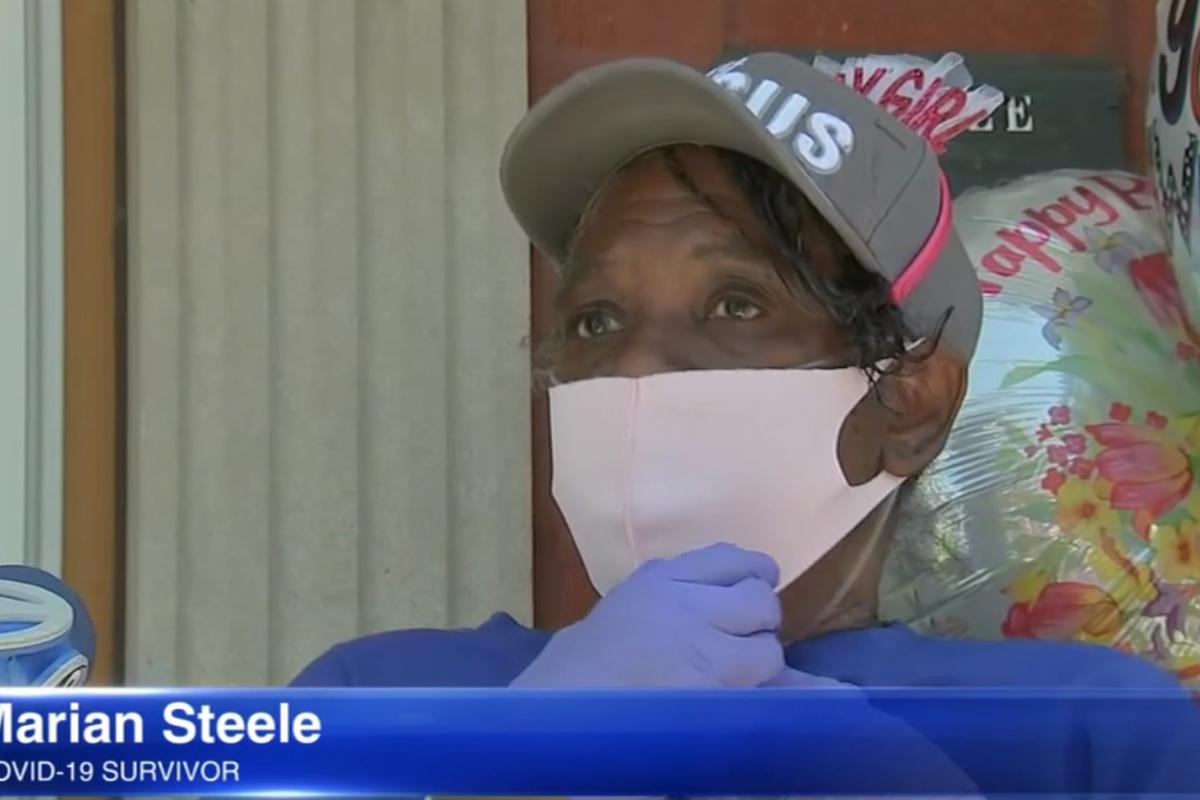Not Finding What You're Looking For?

A Minimally Invasive Tool to Measure Muscle Impairment
A minimally invasive technique that measures the contraction of living muscle tissue could be an alternative to the painful muscle biopsies.
Blog

TMR Presentations at AAP Conference (May 2022)
Heading to Physiatry 2022 annual conference? Join the following presentations from members of the Translational Musculoskeletal Research (TMR) Laboratory.
In the News

Development of motor cortical interfaces for the control of reaching, grasping and locomotion
Using this neuroprosthesis to overcome the effects of a reversible nerve block that paralyzed muscles of the hand and wrist, monkeys were able to perform functional tasks, such as grasping a ball, almost as successfully as they did before paralysis.
Research Project

PAPER: Robotic locomotor training more cost-effective than conventional training for patients with complete spinal cord injuries
A new study reported in the Journal of NeuroEngineering and Rehabilitation found that the cost-effectiveness of the type of locomotor training received – traditional versus robotic – depends on the severity of the injury.
In the News

Stem-Cell Breakthroughs Promise Novel Treatments for Cerebral Palsy and Related Conditions
Although the cause of CP is a mystery, researchers at RIC are at the forefront to understand, treat, and ultimately cure, this life-long neurological disorder.
News

Identification of sensory-motor control in reaching
Sensory inputs such as vision, proprioception, and touch play a crucial role in post-stroke recovery. Our research delves into how these sensory contributions can be assessed to develop effective, personalized therapy strategies. Enhancing and tailoring sensory inputs to an individual’s needs allows us to explore how learning outcomes can be improved and errors reduced. Through synthetic simulations that combine muscular, visual, and proprioceptive inputs, we aim to understand better the complex processes involved in motor learning.
Research Project

The Physiologist Magazine Highlights Dr. Monica Perez’s Research on Speeding SCI Recovery in Cover Story Feature
The March 2023 issue of The Physiologist Magazine featured a cover story on the groundbreaking Shirley Ryan AbilityLab researcher Monica Perez, PT, PhD, and her career-spanning research to help speed recovery for patients with spinal cord injuries.
News

2022 Awardee: Mark V. Albert, PhD
Mark V. Albert, PhD aims to be a bridge between the explosion of AI interest and tools and the health care needs that can be met with such expertise.
In the News

COMPLETE: Novel Body-Powered Prosthetic Hand
This project's goal was to evaluate the clinical utility of a prosthetic hand by objectively quantifying whether people choose both modes while in their home.
Research Project

Aphasia Treatment Software
Shirley Ryan AbilityLab Software Products for People with Aphasia
Research Project

ABC7: Chicago coronavirus survivor returns home after 10 weeks in 2 hospitals, rehab center
It took two and a half months, but Marian Steele fought COVID-19 and won, and now she's back home.
News
